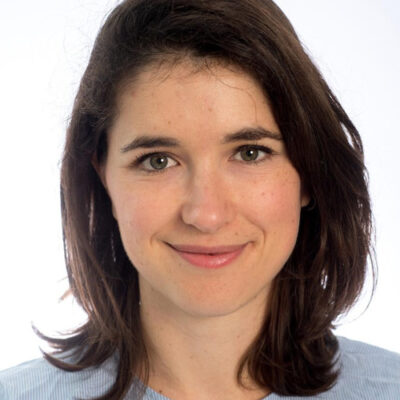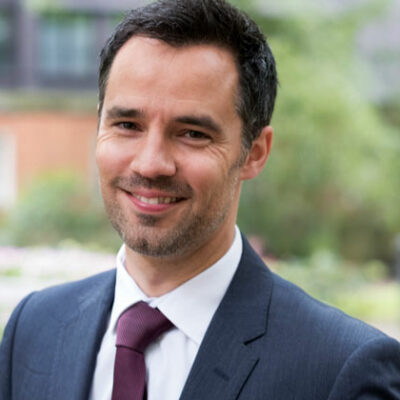Free school ‘innovation’ under threat in academy reforms

The government’s white paper risks the “death” of free school innovation and means the next Michaela or Reach Feltham might never come to be, a charity and pioneering heads warn.
The New Schools Network said institutions like Michaela Community School and Reach Feltham – often cited by ministers as showing the success of their reforms – would never have existed if single-academy trusts were banned.
Ministers want all schools in “families” – and fewer standalone academies. An impending schools white paper will to set out how they plan to achieve their aims.

It’s not clear whether the government will make an exception for free schools. A source said the draft white paper proposed exempting free schools from having to be in MATs. But Schools Week understands it’s inclusion hasn’t yet been confirmed.
Sophie Harrison-Byrne, the NSN’s director, said having all schools in MATs was “undeniably clean and simple”. But the “price we would pay for that homogeneity would be the death of one of the key drivers of innovation and diversity in that system”.
“In a world with no room for the creation of new SATs, there would have been no Reach Academy Feltham, no School 21, no Derby Pride, no XP, no Michaela, no LIPA, no Fermain Academy, to name just a handful of these brilliant free schools.”
Free school bids increasingly MAT-led
Launched in 2010, free schools were initially a way for parents and teachers to open their own schools. But the programme has increasingly become a mechanism for more established academy trusts to open new schools.
In the last wave of successful free schools, 18 of 21 approved bids came from MATs.
The government has also placed less of an emphasis on the policy in political campaigns. The 2019 Conservative Party manifesto set no target for future openings.
Demographic changes will also have an impact, with pupil numbers due to peak in 2024 and then fall. The NSN criticism is a rare intervention from the charity, which relies on government funding.

The potential omission of free school plans is also intriguing given DfE policy adviser Mark Lehain, who is spearheading the white paper, founded one of the country’s first free schools, and once led the NSN.
But the DfE said free schools were a “core part of the government’s plan to level up education standards across the country. We will set out our plans for approving further free schools in due course.”
Seventeen per cent of free schools are still in single-academy trusts, compared to 11 per cent of other academies.
Harrison-Byrne added that others “have gone on to found their own family of schools.”
A group of teachers opened Reach Academy Feltham in 2012. The school has smaller-than-average year groups and takes children aged four to 18.
Co-founder Ed Vainker said it was no “coincidence” that free schools doing “something different and successful, [which] have brought new ideas and energy to the sector, were set up by new providers.
“The independence felt essential to fully realising our vision. It would be a shame if that door was closed to other new providers.”
Trusts ‘have to start somewhere’
XP School in Doncaster opened in 2014. The school doesn’t have uniforms and uses an American concept called “expeditionary learning”. The school is now part of the XP Trust, which runs three free schools and five converter academies.
Chief executive Gwyn ap Harri warned “anything that is against being able to create innovative schools, I think dilutes the system. If it’s only MATs that can create free schools, then you’re just going to get cloned schools, and XP wouldn’t exist.
“We’ve taken on existing primary schools, for instance, and changed their methodology because we are now a MAT, but you have to start somewhere. You can’t create a forest without planting a single tree.”
West London Free School was co-founded by the journalist and education campaigner Toby Young in 2011. It promotes a “classical liberal” education.
The school went on to form the Knowledge Schools Trust, which now sponsors five academies.
Stewart Keiller, the trust’s operations director, said they became a MAT “so the ethos that sparked a movement is now a group of five schools, with others in the pipeline”.
He said there were “huge advantages” to groups of schools working together, but added he would “hope there is still a place for passionate stakeholders to find MATs that are sympathetic to their needs to get started”.
Harrison-Byrne said “high impact” free schools had a “positive impact well beyond their school gates”, but “with no mechanism for innovation brought by new SATs, a trust-led system could easily stagnate”.
“It’s only right that as a sector, we ask if that’s a price worth paying.”
